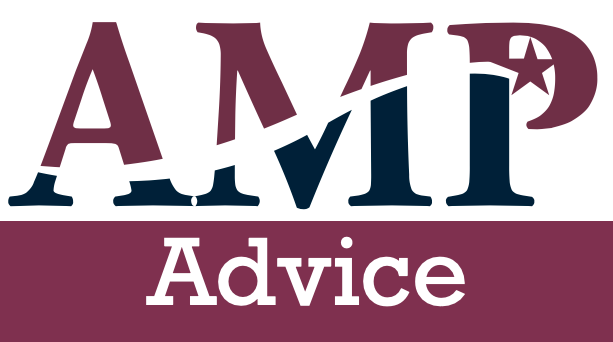Increasing Communications About Animal Studies Can Actually Improve Security
 Sometimes research organizations assume expanding communications about animal research (aka increased transparency) will invite unwanted attention. However, this assumption rarely rings true. In fact, there are significant downsides to minimal engagement about the use of animals in health studies. Doing so provides animal research opponents with the increased ability to define animal studies and many times, mislead the public.
Sometimes research organizations assume expanding communications about animal research (aka increased transparency) will invite unwanted attention. However, this assumption rarely rings true. In fact, there are significant downsides to minimal engagement about the use of animals in health studies. Doing so provides animal research opponents with the increased ability to define animal studies and many times, mislead the public.
AMP believes both public and private science organizations need to be the leading authority on animal studies. This is necessary in order to prevent increasing efforts to hamper or end critical health studies altogether. Furthermore, we believe one of the best ways for research organizations to reduce risk and build public support is to strategically employ advocacy and learning initiatives. Below are a few suggestions:
Launch Dedicated Webpages
Several institutions that have been targeted in the past have learned comprehensive communications to proactively address activist claims are helpful. For example, many institutions have launched webpages aimed at explaining and illustrating the important role of animals in research. As a result, these organizations have witnessed a reduction in animal activism successes. Here are some items to consider for webpages focused on the need for animal studies:
- General information about the role of animal research in improving the health of humans and animals alike.
- Examples of diseases/discovery areas being researched by the institution where the use of animals is necessary.
- A continually expanding list of university press releases where advancements feature the use of animals.
- Details about the many systems in place to ensure animals receive high quality care.
- Images that help illustrate the organization’s commitment to the welfare of research animals.
AMP can provide several examples of effective websites created to communicate about the need for animal studies. Contact us if we can be of assistance.
Create Fact Sheets and FAQs
Consider creating a master fact sheet and FAQ about animal research at your organization. Fact sheets and FAQs for specific high profile projects may also be helpful. The messages within these documents can serve as the basis for all other communications including:
- Messaging for lawmakers or other key parties.
- Handouts if questions about the research arise in a public setting.
- Responses when an institution receives emails or letters from concerned citizens.
- These documents can also serve as the centerpiece for a website.
Don’t Forget Internal Communications
Recognize that animal rights campaigns can create internal rifts and/or misunderstandings. Also, false rumors can sometimes circulate. Internal communications that acknowledge the animal rights campaign and respond to staff concerns are helpful in these situations.
Consider Posting USDA Inspection Reports Online
Some organizations proactively post their USDA inspection reports online. Doing so:
- Demonstrates the facility is regularly inspected.
- Highlights the organization’s commitment to outstanding animal care by showing that many times, no noncompliant items are identified during facility inspections. Animal rights groups naturally only focus on noncompliant items, which are often rare. Placing all the records online helps illustrate this.
- Helps explain noncompliant items. Many times, information provided in a USDA inspection report lacks context or is written in highly technical language. When posting records, some institutions provide additional contextual information so that readers better understand what occurred.
- Placing documents online can also benefit communications efforts. Often, research opponents portray USDA reports as “secret insider records” that they were able to obtain. Posting inspection reports online shows this is not the case.
Consider Additional Strategies for Telling Your Own Story
Determine whether it would be helpful for the institution to create a short video, or a series of brief videos about studies likely to generate significant public attention. These can be used to illustrate:
- Why the research is being conducted.
- Why it is important.
- Why the role of animals is necessary.
- How research animals are treated with kindness and respect.
These are just a few ideas. Americans for Medical Progress can provide plenty of additional advice about increasing communications and outreach. Contact us if we can be of assistance.
‹ More News